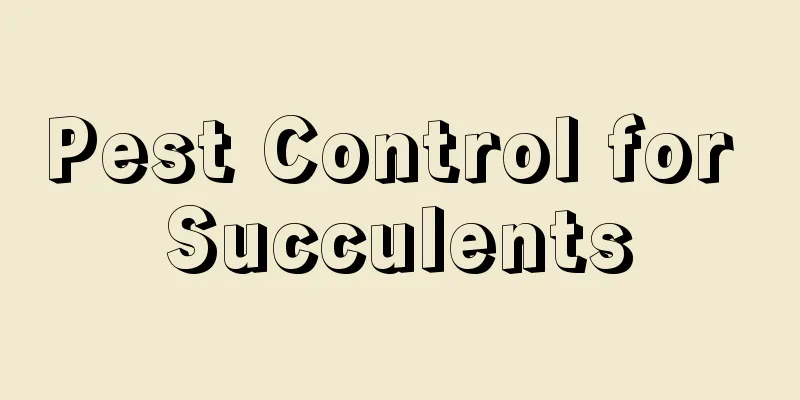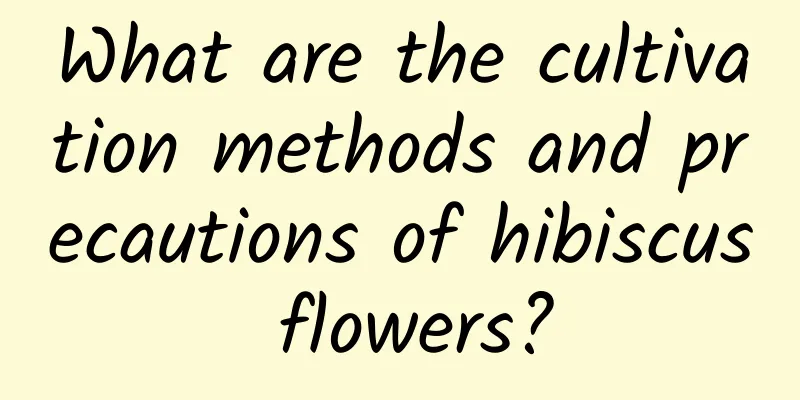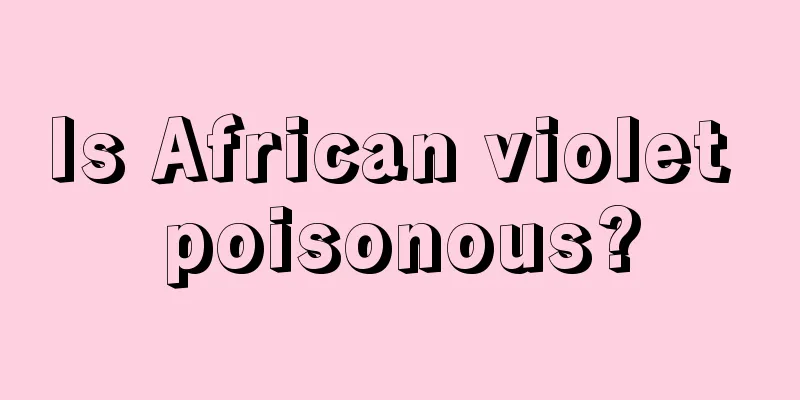Pest Control for Succulents

Common pestsRed SpiderIt mainly harms succulents of Apocynaceae, Euphorbiaceae, Asteraceae, Liliaceae and Cactaceae. The insect sucks the juice of young stems and leaves with its mouthparts, causing yellow-brown spots to appear on the damaged stems and leaves or causing them to turn yellow and fall off. The spots remain permanently and do not fade. After an insect infestation occurs, ventilation should be strengthened and low-temperature measures should be taken. 40% dicofol emulsifiable concentrate can be used for spraying at a dilution of 1000-1500 times. WhiteflyIt occurs more frequently in succulents such as Kalanchoe and Sedum in the Crassulaceae family. The insect sucks sap from the back of the leaves, causing the leaves to turn yellow and fall off, and at the same time induces sooty mold, which directly affects the ornamental value of the plants. In the early stage of insect infestation, 40% oxydemeton-methyl emulsifiable concentrate can be sprayed at 1000-2000 times dilution. aphidMost succulents that harm the Crassulaceae and Asteraceae families often suck the juice of the young and tender parts of the plants, causing the plants to grow weak. Their secretions also attract ants. In the early stage of damage, spray with 1500 times diluted 80% DDT emulsifiable concentrate. Scale insectsLong harms plants such as Agave, Haworthia and Cactaceae with compact leaves. The fungus sucks the juice from the stems and leaves, causing the plants to grow poorly and, in severe cases, wither and die. In addition to using a brush to drive away the pests, you can also use 800-1000 times the liquid of Supo Kill Emulsion to spray. WhiteflyIt is the most annoying pest of cactus. It will infest the surface of the stems or leaf-like stems, causing the plants to turn yellow, wither, the nodes to fall off, and induce sooty disease. It can be sprayed with 800 times diluted 25% imine sulfuric acid emulsifiable concentrate or 2000 times diluted 40% cypermethrin emulsifiable concentrate. |
<<: Common Pests of Gardenia and Their Control Methods
Recommend
Can purple-leaf plum be planted in the yard?
Can purple-leaf plums be planted in the yard? Pur...
When should lotus be planted?
Lotus is a traditional famous flower in my countr...
What are the breeding methods and precautions of Brazilian dragon bones?
Brazilian dragon bone breeding method The Brazili...
Where do cauliflower seeds come from?
Where do cauliflower seeds come from? Cauliflower...
Can Anthurium leaves be rubbed with beer?
1. Can it be used? The leaves of Anthurium can be...
Cultivation methods and precautions of Rainbow Purslane
1. Maintenance methods 1. Soil: The soil prepared...
Weigela pruning
Weigela Planting and Pruning When planting Weigel...
Flowering flowers suitable for planting outdoors in winter
1. Viburnum It is a very frost-resistant and cold...
What kind of pot should be used to plant iron trees?
1. Choose a basin The flowerpot used for planting...
What flowers are suitable for growing in Dingxi? What are the city flowers and trees?
1. Climate characteristics of Dingxi Dingxi has a...
Can Milan survive if its leaves wilt?
1. Can I still live? After the leaves of Milan be...
How to breed Yale Dance
Growth habit Dancing Plant likes plenty of sunlig...
What fruits are suitable for planting in Guizhou? What fruits are mainly produced?
Guizhou is rich in fruits The fruits that are pro...
Does Chlorophytum comosum have flower language? I have raised you for most of my life, but you don't even know
Pothos Flower language: Watching for happiness To...
How to prune magnolia
1. How to trim Before planting, old, injured, poo...









